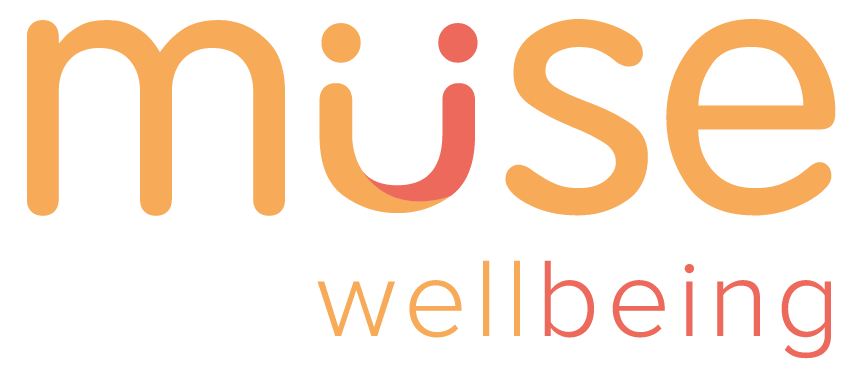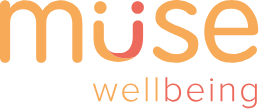Scarf PSHE Vs Muse Wellbeing: Primary PSHE Curriculums

Eloise is a UK based primary educator and freelance writer. Passionate about education, she enjoys crafting engaging learning content.

David is the Muse Wellbeing director and lead curriculum developer. His Main passions include education, surfing and travelling.
Scarf PSHE Vs Muse Wellbeing: Primary PSHE Curriculums
SCARF PSHE has been created by a leading charity for well-being education in primary schools. Their PSHE scheme of work offers a whole school approach to health and well-being. Muse Wellbeing is also a complete learning curriculum in continuous development, building on both pupil and teacher feedback to create the most comprehensive primary PSHE and RSE scheme of work.
What Should a PSHE Curriculum Include?
For children to get the most out of their PSHE lessons, the primary PSHE curriculum should include a variety of topics such as digital citizenship, economic well-being, relationships, mental and physical health and social issues.
However, primary schools must teach relationships and health education and secondary schools must also include sex education. RSHE became mandatory in 2020 and many schools now choose to incorporate the mandatory RSHE topics with PSHE to give pupils a more well-rounded curriculum.
If schools choose to use a PSHE scheme of work provider, they should look for one that meets and exceeds the Department for Education 2020 guidance.
How Much PSHE Should Be Taught A Week?
It’s up to schools to decide how they deliver PSHE but it is a subject that will be looked at under personal development by Ofsted. As long as schools are teaching mandatory RSHE they can alter the PSHE curriculum to suit the needs of their pupils.
Just like any other subject, PSHE is a topic that should have regular curriculum time, ideally once a week, with enough time in the lessons for discussions, engaging learning activities and learning objectives to be met.
What is the SCARF PSHE Curriculum?
SCARF stands for safety, caring, achievement, resilience, and friendship and these values are used to create a whole-school approach to better behaviour, mental health and achievement. The fully-resourced primary PSHE scheme of work was created by the charity Coram Life Education.
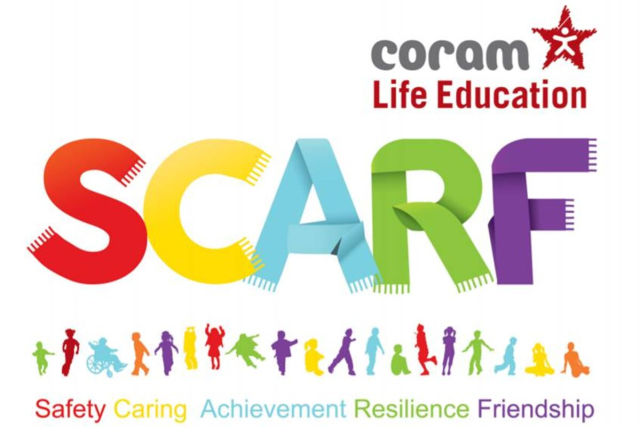
One unique selling point of SCARF PSHE is that it offers schools the opportunity to take part in workshops delivered by their trained educators. Tying into the primary PSHE curriculum, the workshops are a more interactive way for students to learn. Each workshop is delivered by year groups to ensure age-appropriate learning. There are both in-person and online workshops available.
The parents and carers area of the SCARF website is more focused on home learning than some other providers. Whilst it has a good bank of resources to help adults tackle sensitive subjects at home, there isn’t much information on the PSHE curriculum to help parents understand what their child will be learning in school.
Multi-academy trusts benefit the most from a SCARF PSHE subscription as there is a discount available. However, SCARF is not the most cost-effective PSHE provider if schools don’t take advantage of this. A SCARF PSHE subscription ranges from £385-£770 per year with extra charges for additional pupils.
Pros and Cons of SCARF PSHE
Pros:
- Allows teachers to build their confidence in delivering PSHE by providing training for individuals or whole school groups.
- A cost-effective platform if it’s being rolled out across multiple schools due to a multi-academy trust discount.
- Workshops that allow students to demonstrate their knowledge and take their learning out of the classroom.
Cons:
- Parents can’t access the school learning materials from home so they must request them from the school.
- It can be an expensive PSHE scheme of work if schools don’t qualify for the multi-school discount.
What is the Muse Wellbeing PSHE Curriculum?
The Muse Wellbeing PSHE curriculum is based on five core values – mental and physical health, positive and respectful relationships, global citizenship and community care, personal growth and economic well-being and digital citizenship and online safety. These core values create a complete well-being, RSHE and PSHE curriculum.
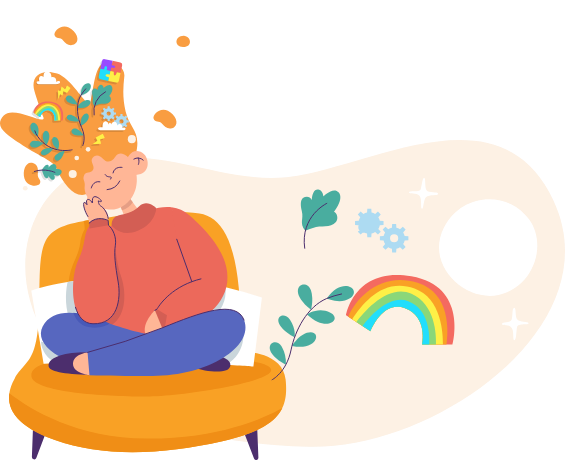
The Muse lessons and resources have been designed by teachers with fun and engagement in mind. The PSHE scheme of work is inspiring to both pupils and teachers so schools can be confident that they’re providing the best primary PSHE curriculum possible.
At the heart of Muse Wellbeing is the desire to make delivering PSHE inspirational and hassle free for teaching staff whilst providing better well-being and engaging lessons for children. Lessons are organised into three main topics for each school term: Health and Wellbeing, Understanding Relationships and The World Around Us for a holistic approach to the primary PSHE curriculum.
Schools have access to 216 lessons covering one weekly lesson for Year 1 to Year 6 classrooms. Each lesson comes with a lesson plan, lesson slides, learning resources and extra resources where applicable. This makes it simple for schools to reach the recommended one PSHE lesson a week without spending an excessive amount of time on planning and gathering resources.
A Muse Wellbeing PSHE subscription currently gives all primary schools free access to the curriculum.
Pros and Cons of Muse Wellbeing PSHE
Pros:
- Each lesson has differentiated materials for both SEND pupils and higher-achieving students
- The curriculum is updated using teacher and pupil feedback to create the best primary PSHE scheme of work
- The clear learning objectives ensure that teachers are providing a well-thought-out curriculum that easily shows the intent of the subject
Cons:
- There is no parent portal for other home or school learning so schools will have to share the curriculum materials and learning intentions themselves
- There is currently limited feedback available on the PSHE scheme of works as Muse Wellbeing is a new PSHE curriculum provider
Primary PSHE Curriculums: Final Thoughts
Both Muse Wellbeing and SCARF PSHE have been designed to meet the DfE 2020 guidance and they incorporate both RSE and PSHE topics into their schemes of work.
While SCARF has a stronger approach to learning outside the classroom with workshops and home materials, Muse Wellbeing ensures that all children have free access to well-planned, modern and engaging lessons that cover a wide variety of well-being topics.
The Muse Wellbeing PSHE scheme of work not only ensures that children will be inspired by their PSHE lessons but they’re fun and easy for teachers to deliver too. While SCARF provides training to schools to boost their PSHE efforts, Muse has established carefully designed materials created by fellow teachers so schools can be confident in what they’re delivering.
Muse Wellbeing
Support
Subscribe for RSHE & Wellbeing Updates & Learning Resources
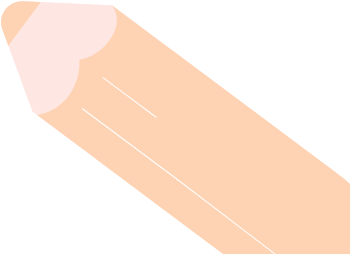
Copyright © 2025 Muse | All Rights Reserved.
Would you like to logout of Muse Wellbeing?
